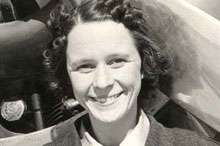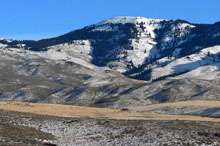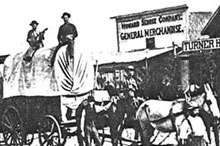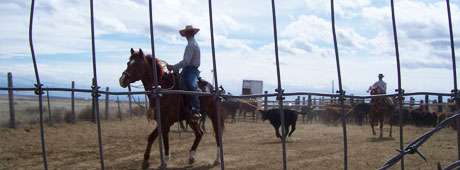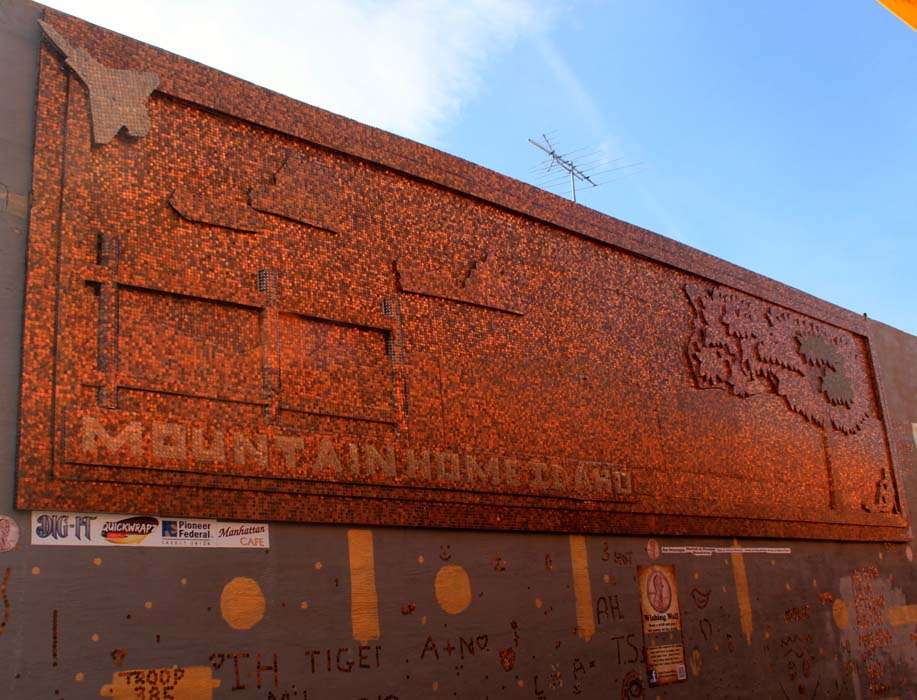It’s not unusual for those looking down from Interstate 84 at seventy-nine m.p.h., or weekend visitors seeking a convenient bed-and-breakfast, or map-loving friends and family who only reach us by email, telephone, or text, to ask, “Why Mountain Home?”(1)
I recently realized that this simple question represents two distinct camps. One wants to know why anybody would move to Mountain Home on purpose, while the other is interested in how the town earned its name. One says, “I can understand if you were stationed there.” The other asks, “Is it maybe irony, like referring to your six-five, three-hundred-pound uncle as Tiny Trev?”
To the naysayers camp, the answer is that Mountain Home, at least to this man, is like the best kind of woman. Since this awkward simile has yet to achieve its demonstrative goal, even though I’ve tried it a minimum of three times, I’m taking the only logical next step. I’m doubling down, putting it in writing, where it can once and for all be justified, seen for the genius that it is, prove my wife wrong, and be redeemed—which will no doubt redeem me.
Mountain Home is not quite front-cover Seattle or Portland or Boise. Those cities force you to dream up all sorts of life-ever-after from across the room, only to disappoint you when they can’t live up to your impossible expectations. Similarly, the best kind of woman is subtle. You notice she’s attractive, but you can still breathe, speak in complete sentences, and use the logic you brought. You laugh at her slightly self-degrading jokes, share chips and salsa littered with cilantro, learn you have the same interests—the Snake River, the Dunes, Bruneau Canyon, religious experiences all. The more you are with her, the more beautiful she becomes; the more you laugh at yourself, rather than going home self-conscious. You love her blemishes, but you keep your head. You become less judgmental, better in general. She embraces you, defends you, calls you her own. She stops you when you’re going too far. She filters you from the world and the world from you. Mountain Home, like this best kind of woman, is redemption. Continue reading →
This content is available for purchase. Please select from available options.
Purchase Only

